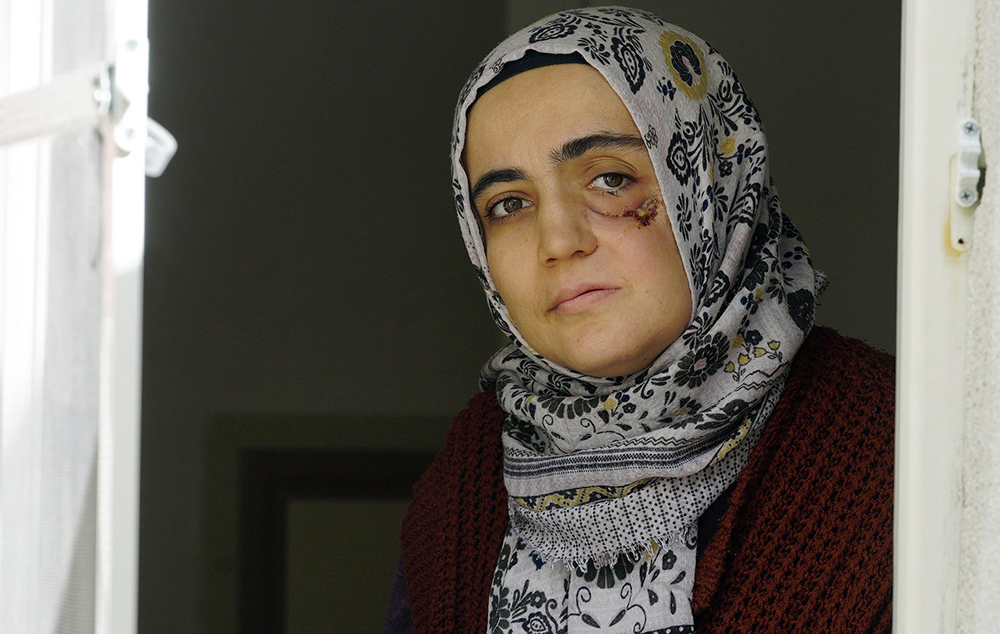An opposition lawmaker has claimed that a controversial decision by the İstanbul Council of Forensic Medicine stating that Ayşe Özdoğan, a critically ill woman who suffers from a rare form of cancer, was fit to remain in prison was “political,” local media reported on Friday.
Posting a photo of Özdoğan’s latest PET-CT scan, Ömer Faruk Gergerlioğlu, a physician, human rights activist and lawmaker from the pro-Kurdish Peoples’ Democratic Party (HDP), stated that the results show Özdoğan’s condition could worsen, while the council had said on Oct. 1 there was no sign of metastasis of the cancer in her body.
“This is the latest PET-CT report. There is a suspicion of metastasis, and a further examination will be conducted. The politicization of the Council of Forensic Medicine has been revealed again,” the MP said in a tweet on Friday.
“You caused Mrs. Ayşe [Özdoğan] to suffer a lot. Every minute [of her suffering in prison] is on your head!” Gergerlioğlu added, addressing the Justice Ministry.
Özdoğan, 34, a former teacher, was handed down a nine-year, four-month sentence for alleged links to the Gülen movement. An appeals court on June 11 upheld her sentence despite severe health problems.
She was sent to prison on Oct. 2, a day after the release of a Council of Forensic Medicine report stating she was fit to be incarcerated, in the western province of Denizli after authorities refused to postpone the execution of her sentence, in a move that has drawn criticism from human rights activists, doctors, opposition politicians, journalists and social media users.
Özdoğan and her husband were detained on April 8, 2019, for alleged links to the movement, but she was released due to her son’s heart condition. Her husband was sent to prison in southern Antalya province.
Özdoğan developed cancer seven months later and underwent an operation on Nov. 12, 2019. However, she was arrested shortly thereafter, convicted and sentenced.
When she was released pending appeal on December 27, 2019, it was already too late for her second surgery, however, as the cancer had spread.
Earlier this week, Turkey’s Constitutional Court ruled against postponing the incarceration of Özdoğan, saying there was currently an ongoing procedure to assess if there had been a change in her condition and whether it had deteriorated.
Turkish President Recep Tayyip Erdoğan has been targeting followers of the Gülen movement, inspired by Muslim cleric Fethullah Gülen, since the corruption investigations of December 17-25, 2013, which implicated then-prime minister Erdoğan, his family members and his inner circle.
Dismissing the investigations as a Gülenist coup and conspiracy against his government, Erdoğan designated the movement as a terrorist organization and began to target its members. Erdoğan intensified the crackdown on the movement following a coup attempt on July 15, 2016, that he accused Gülen of masterminding. Gülen and the movement strongly deny involvement in the abortive putsch or any terrorist activity.
Critics have slammed Turkish authorities for refusing to release critically ill prisoners. Gergerlioğlu previously said critically ill political prisoners were not released from prison “until it reaches the point of no return.” He depicted the deaths of seriously ill prisoners in Turkey who are not released in time to receive proper medical treatment as acts of “murder” committed by the state.

